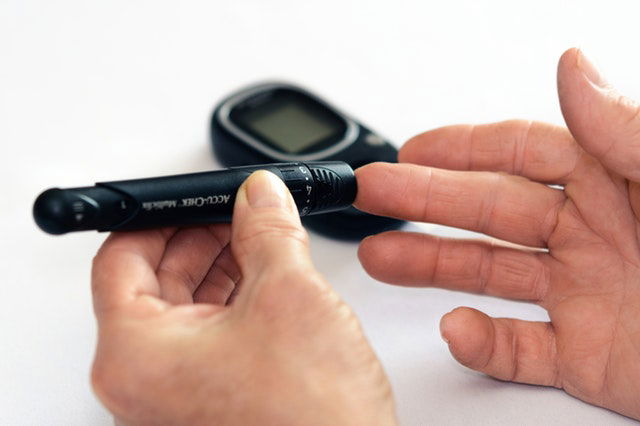
In a new study, researchers suggest that people with diabetes need to pay attention to a dangerous complication called hypoglycemia.
In this condition, the blood sugar levels fall too low. It is sometimes deadly for people with diabetes.
The new finding may help develop new ways to treat and prevent hypoglycemia.
The research was conducted by a team from the Saint Louis University School of Medicine.
People with diabetes usually use insulin to control their blood sugar. But taking too much insulin can lead to low blood sugar, causing dizziness and sleepiness.
The symptoms may progress to confusion, seizures, and loss of consciousness if blood sugar levels continue to fall.
Previous research has shown that severe hypoglycemia can increase the risk of more hypoglycemic episodes in the following days.
It may lead to a decreased awareness of the symptoms, and patients may not sense the falling blood sugar levels.
Currently, there are very few options for preventing hypoglycemia or treating hypoglycemia unawareness.
The only option is to avoid low blood sugar as much as possible.
In the previous study, the team discovered a protein called neuronostatin, which may help prevent the health condition.
In this new study, they observed that neuronostatin injections caused an increase in blood sugar in mice.
They also found that human pancreas tissue released more neuronostatin when blood sugar levels were low and that neuronostatin increased even more with glucagon treatment.
The team suggests that understanding what neuronostatin does and how it works will provide valuable information for preventing hypoglycemia.
lt also helps understand how the pancreas manages blood sugar normally.
They believe neuronostatin can be a potential therapeutic target for the treatment and prevention of hypoglycemia in people with diabetes.
It can help the body respond appropriately to the low blood sugar with more glucagon and thus prevent and reverse vicious cycles of hypoglycemia.
Their future work will use experimental approaches that disrupt the body’s response to low blood sugar to see how this affects neuronostatin levels and if neuronostatin can be used to better manage low blood sugar.
One author of the study is Stephen Grote, a doctoral student working with Gina Yosten, Ph.D.
The study was presented at the American Physiological Society’s annual meeting during the 2019 Experimental Biology meeting.
Copyright © 2019 Knowridge Science Report. All rights reserved.



